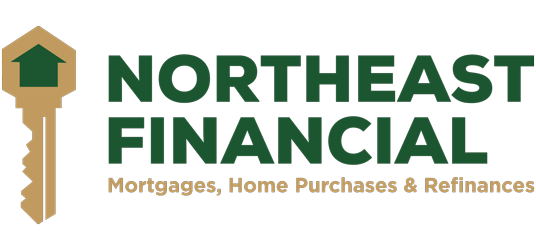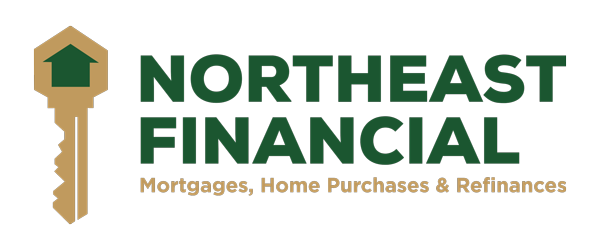
Individuals who are not so savvy to homeownership may face some confusion when paying their first couple mortgage statements. They first may be skeptical about why their statement not being serviced by the same financial institution that they signed so many documents with. Well… that’s not so abnormal. The truth is, most mortgages are sold to another financial institution shortly after closing for loan servicing. None of your loan terms will change throughout that transition, so you don’t need to worry.
Another thing that may have a new homeowner puzzled is that their mortgage payment is broken into four separate parts, and that they are contributing less than half of each payment to the original amount owed. The mortgage statement is made up of Principal, Interest, Taxes, and Insurance (PITI). First time homeowners previously renting, sometimes have some trouble understanding the difference in payment models when renting, and when owning. Let us break down what you are really paying for in your mortgage statement, and some of the pros and cons of it being combined.
Principal
Principal is the portion of the mortgage payment that finances the loan balance. The financial institution that you pay has calculated the monthly amount that you are required to contribute to the amount initially loaned, based on the terms (length of time until loan is completely paid off) you agreed upon. If payments are made as agreed, the principal amount should be paid at the end of the term. (Example: If your home loan is $100,000, and a 30-year term, you are expected to repay $100,000, 30 years from the date of purchase.)
Pros: Large funding for large purchase; opportunity to own home; smaller, more manageable payments
Con: Your principal is what is most important to you, but it is only a fraction of the entire statement
Interest
Interest is the fee the financial institution charges you for access to the funds you borrowed to finance your purchase. Interest does not contribute to what you owe for the mortgage. (Example: If your home loan is $100,000, with a 5% interest rate, the financial institution would charge you $5,000 yearly, and roughly $417 in monthly interest.
Pros: The funds used to purchase the home may not have been accessible without a loan
Cons: This portion of the payment does not go towards what you owe; increases payment amount
Taxes
The city, town, or municipality requires homeowners to pay taxes for services they provided. Taxes do not contribute to what you owe for the mortgage. Taxes are used to fund expenses associated with the fundamental maintenance of the constituency.
Pros: Taxes fund things like education, public safety, waste removal; municipality would be in chaos
Cons: This portion of the payment does not go towards what you owe; taxes rarely decrease
Insurance
Homeowners insurance can cover cost of repair for property damages, depending on the policy features. Homeowners insurance does not contribute to what you owe for the mortgage. While a financial institution holds a lien on a property, it is mandatory for the homeowner to have a homeowner’s insurance policy. Homeowners can select policies from any homeowner’s insurance provider, based on price, services rendered, or preference. If a homeowner chooses not to maintain homeowner’s insurance, the mortgage service will select a company, impose homeowner’s insurance, and include their bill in the mortgage statement. FHA loans also have mortgage insurance.
Pros: Can help to pay for unexpected damages; repair cost too high for most borrowers, price negotiable
Cons: This portion of the payment does not go towards what you owe; only necessary in disaster
Paying what you owe (principal), while paying interest to the bank, taxes to the town or city, and insurance to the insurance company, can seem overwhelming to many homeowners that do not understand the process. The benefits of having these payments tied into one outnumber the shortcomings. Paying four separate entities monthly is more time consuming, less efficient, and makes it more difficult to satisfy these necessary expenditures. If any are missed, it can affect your loan status, and could put you in foreclosure, and that is NOT where Alan wants you to be…
Alan Daley
Cell : (860) 655-3691
Alan.Daley@northeast-mortgage.com
Loan Officer
NMLS# 1912152


